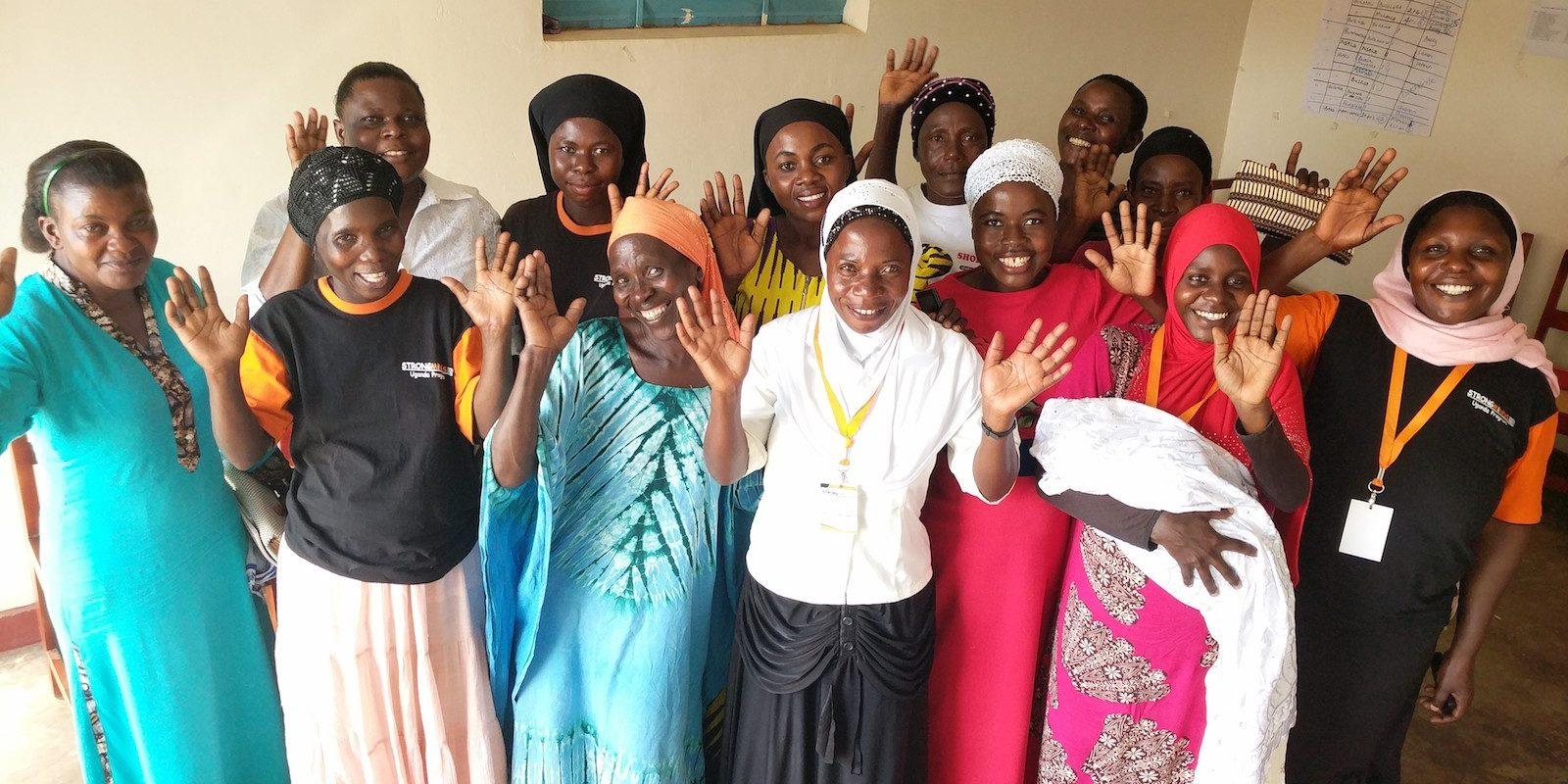How one GIF grantee is treating depression in Africa.
Oct 11, 2024
World Mental Health Day is designed to raise awareness of mental health issues around the world and to mobilise efforts in support of mental health. The Day provides an opportunity for all stakeholders working on mental health issues to talk about their work, and what more needs to be done to make mental health care a reality for people worldwide.
One of these stakeholders is GIF grantee StrongMinds, a social enterprise that treats depression in low-income populations by providing group interpersonal therapy (IPT-G), delivered by community health workers.
Depression is a common mental disorder that affects all aspects of life, including relationships with family and community, education, prospects for economic and food security, and health outcomes. People who have lived through abuse or other stressful events, such as climate disasters or displacement, are more likely to suffer.
It is estimated that there are at least 30 million cases of depression in Africa. CEO Sean Mayberry founded StrongMinds in 2013 after realising that mental health is often overlooked in international development and seeing first-hand the difficulties that people had in finding treatment for mental health disorders in Africa.
Strongminds’ approach is based on the findings of a 2002 RCT in Uganda, which showed the remarkable success of IPT-G in treating depression. To date, it has developed and scaled its depression treatment to benefit 622,000 people across Africa.
StrongMinds sessions can be delivered at low cost, since the group leaders running the sessions are volunteers with low levels of education and literacy, making it a highly effective solution for treating the depression epidemic across the developing world.
The impact of StrongMinds’ work is significant: 75% of participants report being depression-free after therapy ends, whilst 16% report more regular engagement in work or economic activity and 28% report feeling more socially connected.
StrongMinds has significant reach and can provide support to some of the most vulnerable people in society, including refugees, who often endure unimaginable trauma, such as armed conflict, separation from loved ones, legal uncertainties and fear of deportation.
Uganda is home to the sixth largest refugee population in the world, most of whom are fleeing conflict in the bordering countries of Central African Republic and South Sudan. StrongMinds has been working to provide mental health support to these refugees, and has treated more than 22,000 to date.
One of them is Prossy, a 30-year-old South Sudanese woman who was forced to flee with her four children to escape the civil war, and consequently fell into depression. After learning about StrongMinds therapy, she agreed to join a session, and learned positive coping techniques.
“I used to quarrel and fight often, but lately, I do none of that,” she says. “I no longer talk to myself like I used to. I feel good about myself and am no longer depressed.”
Once her symptoms improved, Prossy felt able to take better care of herself and her children.
“I used to be so stressed and thin back then, but look at me now…I look better, stress-free, and relaxed.”
Increasingly, StrongMinds is also supporting the victims of climate-related disasters, which are occurring with greater frequency and intensity as a result of climate change. In Africa, vulnerability to climate hazards intersects with socioeconomic disparities, amplifying the need for mental health interventions.
Displaced by a catastrophic flood in Uganda in 2022, Susan and her family not only lost their home but also their income, forcing her children out of school. Susan found herself struggling with depression until she found solace in StrongMinds’ therapy group. Through peer support and counselling, she not only overcame depression but also found the resources to rebuild her life amidst adversity.
“I connected with other people who had experienced similar losses and who understood what I was going through. I learned how to manage my stress and take care of my mental health during such a difficult time,” Susan says.
Beyond emotional support, the group offered practical advice on rebuilding her life after the floods. “They suggested that I start brickmaking, as I had land that could be used for it,” she said. Embracing the suggestion, Susan and her family embarked on this new journey, generating income and using the bricks they crafted to construct a new home.
By supporting organisations such as StrongMinds, GIF aims to improve the lives of those living in poverty across the developing world. GIF’s grant of $1.6 million supported StrongMinds to significantly increase their reach through partnerships with civil society organisations and governments in Zambia and Uganda, and helped them to refine their IPT-G approach.
